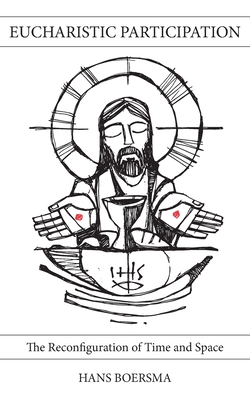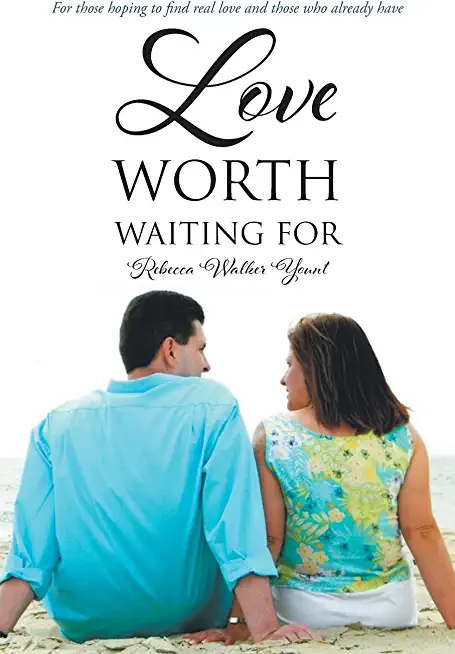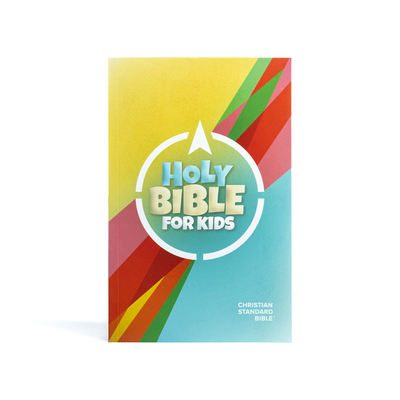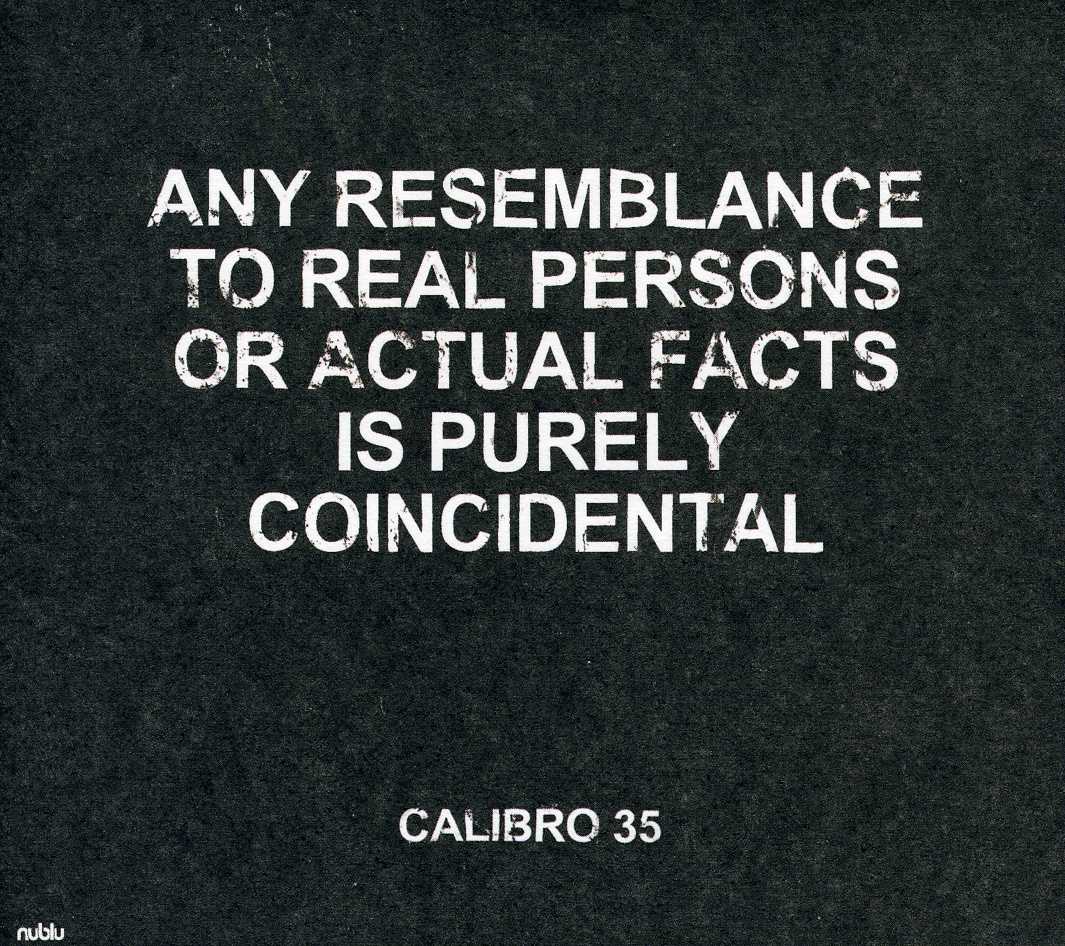
In particular, Boersma re-addresses the two issues of the Lord's Supper as sacrifice and as real presence. These were the two issues central to the Eucharistic debates of the Protestant Reformation. This booklet is written from an attitude of sympathy with the motivations and concerns of the Reformers. At the same time, it suggests that it is possible to get beyond the disagreements of the Reformation period. If we take seriously the notion of "participation"-the idea that in the Eucharistic celebration we share in Christ and in his work-we can affirm both "sacrificial" language and talk of "real presence"-while at the same time holding on to the all-sufficient and unique character of Christ's sacrifice.
Participation, so Boersma argues, reconfigures our understanding of both time and space. If past, present, and future coincide in and through Christ, this means that what we do today in the Eucharist can participate in the unique sacrifice of Christ without undermining it. And if heaven and earth are reunited in and through Christ, this means that the heavenly reality of Christ's body can become really present in the celebration of the Eucharist. Serious ecumenical dialogue requires, therefore, that Protestants do justice to the theology of participation as they try to come to grips with the disagreements between Rome and the Reformation.







